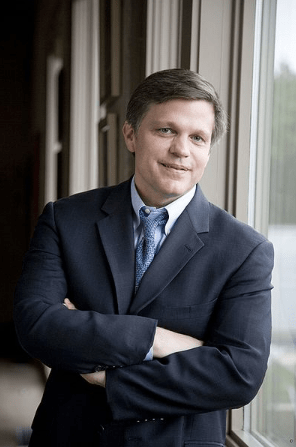Amateur Historians in the News
While I was researching my book The Lobotomist, one of my most valuable resources was a lanky and slow-moving man who granted me interviews in the book-filled living room of his apartment in San Carlos, California. He was Franklin Freeman, a son of the subject of my book, the lobotomy advocate and developer Walter Freeman. In his seventies at the time and not a physician by training, Frank knew much about his family’s past as well as the history of surgery, neurology, and the study of the brain. He loved following historical leads and telling tales from the past. He could talk history for hours, and his expressive voice and intelligence filled the room.

I think of Frank, who died a couple of years ago, whenever I read of the work of some amateur historian in the news. The amateurs are lovers of history who don’t look into the past to make a living. And they rarely make it into the news. Many people consider them dabblers, folks with too much time on their hands, or obsessives. They labor in anonymity on history projects that often concern other people very little.
But amateur historians sometimes have fresh insights and bring history to light for the first time. They deserve more recognition.
So here I present some brief accounts of amateur historians who have done important things in recent months. These amateurs done good work as they’ve made the news.
• Howard Marshall of Cheltenham, England, identified the writer of graffiti in the underground dungeon of a World War II-era POW camp in Poland. He’s now trying to track down what happened to Private J. Ireland, a fighter in the 5th Battalion, Gloucestershire Regiment, who scratched messages in the wall in 1940.
• Garrett Peck published a guidebook to the Potomac River based on his own explorations and research.
• The late Bernard Morris of South Wales, United Kingdom, was an expert on the history of Swansea and Gower and intimately knew the castles of the region.
• Retired judge Bob Perkins led an effort to end the misspelling of a historic street name in Austin, Texas.
• Dennis Ranny discovered many misidentified graves of U.S. soldiers in Columbus, Ohio.
• David and Ean Parsons found out who was the first casualty of World War I from Newfoundland and Labrador.
• Burlington, Iowa, police officer Mike Bloomer is working to restore sections of a neglected cemetery that contain the graves of U.S. soldiers.
Please let me know about other amateur historians who are making news for future posts I’ll write on the topic. I’d like to include some women!